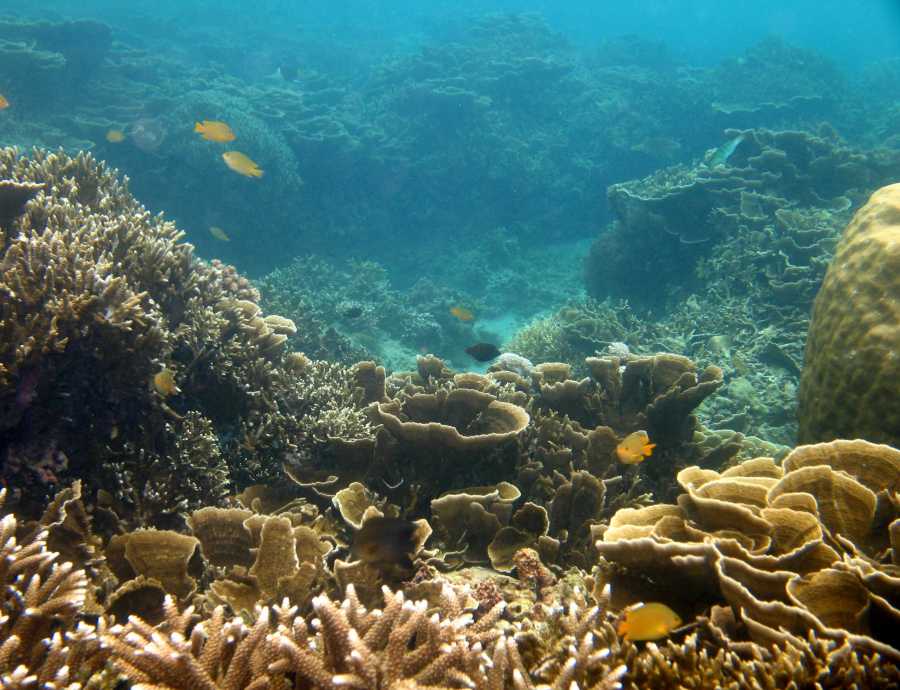The Industrial Revolution of 18th century dramatically changed the lives of millions and functioning of the society itself. However, it also triggered a significant increase of carbon dioxide (CO2) amount in the atmosphere to levels unseen in the last 23 million years of Earth´s history.
As more and more CO2 molecules accumulate in the atmosphere, the greenhouse effect takes place and helps to fuel climate change. Of course, there is still serious debate (unfortunately, it is rather political and ideological than scientific) about the phenomenon and the interpretation of obtained “raw data”, but the prevailing consensus is plain and simple – human activities are contributing significantly to it.
For the topic of this article, it´s important that it´s not only an atmosphere where CO2 goes, but land and water bodies are affected as well.

Carbon dioxide levels rise in the seas and oceans as well and within this environment, some interesting chemistry takes place. Carbon dioxide reacts with water in the following way:
CO2 + H2O = H2CO3 = H(+) + HCO3(-)
Anybody who is able to remember basics of high school chemistry know what is going on here: carbon dioxide reacts with water giving carbonic acid (H2CO3), however, it “dissociates” in the aquatic environment to hydrogen cations, H(+), and bicarbonate anions, HCO3(-). The point is, that this is lowering pH of the system or, in other words, we witness the acidification of our oceans.
Taking into account that we are increasing CO2 ocean levels for three hundred years, and that we will probably continue with it for some time, it can be predicted that changes in the oceanic environment will be significant, for some organisms maybe even catastrophic.
Researchers from the University of Plymouth, UK, University of Tsukuba, Japan, and the University of Palermo, Italy published an article, in which they were trying to predict the consequences of oceans acidification for coral reefs.
In their paper named “Ocean acidification drives community shifts towards simplified non-calcified habitats in a subtropical−temperate transition zone” published in the journal “Scientific Reports” describes that the major degradation or even destruction of coral reefs is highly probable.
Researchers studied several areas of the ocean with CO2 levels similar to those before the Industrial Revolution (there are still some of those thanks to the oceanic streams) with areas characterized by a high acidity caused by underwater volcanic activity. The conclusions are clear. Corals will not survive in the highly acidic water. Of course, the destruction of coral reefs will have deadly effects on many other organisms who use corals as shelter etc.
The connection between CO2 emissions and a welfare of coral reefs all around the work shows us how fragile our home planet is!
